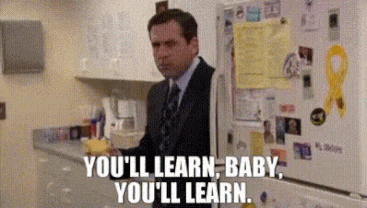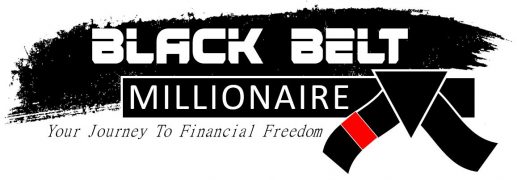When I started to work as a direct selling agent, one of the d books that was recommended by my leader was Rich Dad Poor Dad. During each weekly team meeting, they always emphasized retiring earlier & direct selling was the “way” for them to achieve it.
During that time, I did not understand much about it but during one of my conversations with a teammate back then, it was his ultimate goal. In his family, he was the only son that was supposed to inherit his family business but instead of him working for them, he chose to focus on direct selling as his career. I asked him why & he mentioned that he wanted to retire early rather than working his whole life. He was also influenced by Rich Dad Poor Dad. Long story short, years later, he is back to run his family business.

When I first read the book at 19 years old, I did not have much idea on retiring early but all I was seeking ways to have more wealth. From that book, the only 2 lessons that I’ve learned were to not work for people but instead, own a business & invest money. Back then, I was just a naive 19 years old boy that was looking for ways to earn money fast & I have no background or understanding of financial literary.
During my late 20s, while I was working my ways out of my bad debt, I’ve stumbled upon this book again when I Googled some recommended books to read for personal finance & investment. My perspective & understanding from the book totally changed after almost 10 years. Instead of just learning that I have to be a boss & invest, there was more takeaway that I have gotten out of it. It was an eye-opener for me as I have found more lessons that I am able to use in my daily life.
1. Make Money Work For You
Making money work for you sounds hard but it can be as simple as investing. It does not mean that you have to build a business empire out of a wonderful business idea but instead, you can get money to work for you by acquiring assets such as stocks, bonds, real estate, or other different types of investment.

2. The Importance Of Financial Education
The earlier you learn, the better it is for you. Even if you learn it now, it is never too late. Learning to manage your money will help you towards your retirement journey.
3. Acquire More Assets Not Liabilities
To put it simply, think of “assets” that will help you to generate income such as properties or stocks. Eliminate non-generating income assets such as vacation homes or even newer cars if you already have existing ones.
4. Work To Learn
Most people work to earn but there are some that work to learn. There are many ways to look into work to learn or work to earn but generally, we can also do both whiles using that income we earn to invest in assets.

5. Reduce Your Spending
No matter how much you earn, your spending should not be increased based on your income. This is a very common scenario that many people face in life. When they earn RM3,000, they are driving a Perodua Myvi but when they earn RM6,000 they are also upgrading to a Toyota Altis. Instead of “upgrading” your lifestyle, you should use that money to invest in money-making assets.
Conclusion:
In the gap of almost 10 years, I have learned more from reading it when I was 19. There were many reasons behind why I did not learn much earlier & it was partly due to my low knowledge of financial literacy. Although it took me almost 30 years to learn it, it is never too late to learn about it. My biggest takeaway on all these 5 points is to get money to work for me which I am practicing by investing & hustling on all my existing business. To get money to work for you is easy but to build a foundation to get it to work for you while replacing your 9-5 income is hard. It may require more time but eventually, you will get there. If you have read Rich Dad Poor Dad many years ago, I would suggest you pick up this book again as you will be discovering some hidden gem that you did not discover initially.

OSS!
You can also check out my latest YouTube video on Why I Sold My Mutual Fund To Invest With StashAway Instead:



